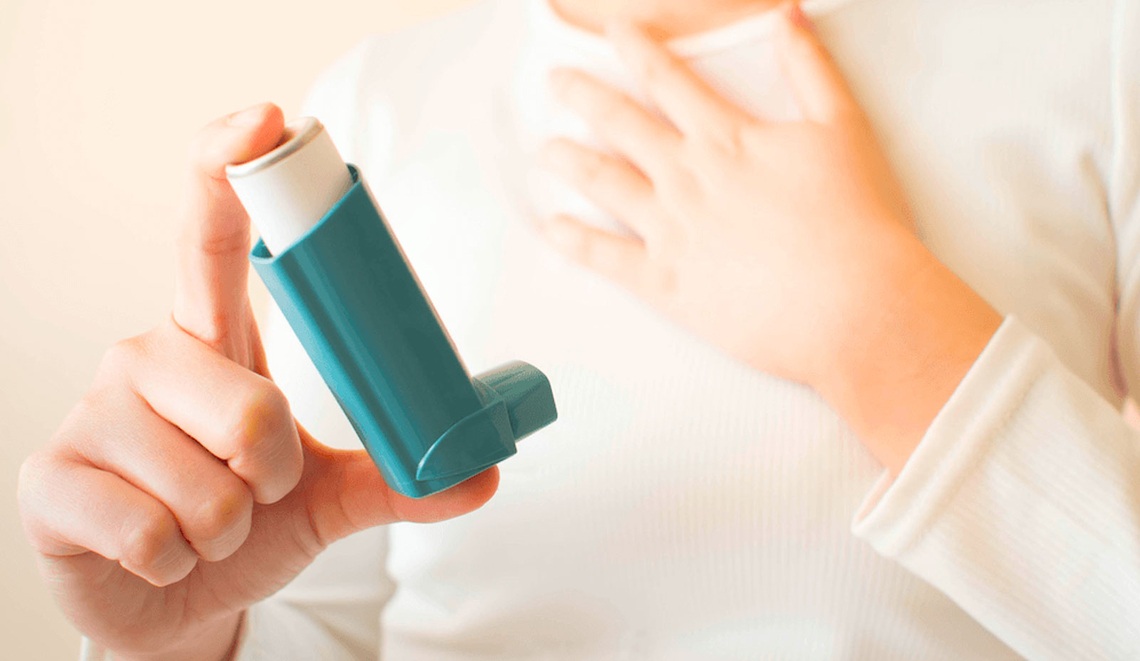

According to CDC reports, asthma impacts over 25 million individuals in the United States which includes more than 6 million children. However, the combination of Houston's weather systems with particular environmental conditions produces a distinct effect.
This is the reason asthma management challenges intensify when high temperatures intersect with both humidity and pollution levels. By conducting asthma trials in Houston, scientists have expanded their understanding of asthma and advanced treatments simultaneously.
This blog examines Houston’s climate impact on asthma flare-ups while exploring ongoing clinical research—including Biopharma Informatic-that seeks improved solutions for affected individuals.
Houston's scorching summers combined with abrupt storms and persistent humidity create a challenging environment for people suffering with asthma.
The morning humidity levels in Houston frequently exceed 75%. Elevated moisture levels create conditions that capture typical asthma triggers including pollen, mold, and dust mites. The inhalation of moisture-laden air filled with allergens provokes lung irritation leading to wheezing, coughing, and shortness of breath which can occur merely from outdoor exposure.
Houston often achieves top positions in ozone pollution rankings. According to the American Lung Association’s 2023 “State of the Air” report, the city's air quality problems persist. Ozone stands as a recognized lung irritant and during hot sunny days, it accumulates rapidly. Individuals with asthma experience increased breathing challenges alongside heightened flare-up risks.
Houston's long growing period together with its varied plant species creates an extended duration of airborne pollen presence. The transitional periods of spring and fall witness dramatic increases in pollen levels from trees, grasses, and ragweed which often triggers asthma symptoms among individuals with coexisting allergies.
Moreover, mold presents an extra challenge since its levels rise sharply after the area's frequent torrential rains or floods which makes respiratory problems more complex for numerous individuals.
Also Read: Explore Advanced Asthma Research Trials
Houston's air conditions that include humidity along with pollutants and allergens create serious health issues beyond simple discomfort. Emergency room visits for asthma conditions surge during the city's high ozone periods combined with pollen seasons.
The most severe impacts affect children, older adults, and residents of underserved neighborhoods. The airways become inflamed as a result of asthma. The exposure to environmental triggers causes airway constriction while simultaneously prompting mucus overproduction which together lead to asthma attacks. Short encounters with elevated ozone concentrations or dense pollen presence trigger symptom onset. People dwelling near highways and factories or in regions with poor air quality face an increased risk of flare-ups.
Participation in clinical trials offers individuals with asthma an opportunity to experience significant personal health advancements. Participants benefit from dedicated medical oversight while simultaneously accessing potential treatments before they become widely available which might provide improved relief compared to existing options. The persistent environmental triggers in Houston make clinical trials an essential tool for managing previously unmanageable symptoms.
These trials contribute to future asthma treatment development while offering personal advantages to participants. Scientists conducting studies in cities like Houston, where climate and air quality impact respiratory health, can develop treatments that work in real-world conditions and improve outcomes on a broader scale.
The advancement of clinical research progresses while you can implement effective methods to control asthma and minimize contact with common triggers.
People managing asthma conditions who seek new treatments or wish to advance medical research may find participating in local clinical trials a valuable opportunity. Research investigations encompass individuals beyond those exhibiting severe symptoms. Individuals experiencing mild or moderate asthma possess the ability to provide essential insights that drive the development of effective treatments.
Biopharma Informatic dedicates its efforts to backing clinical trials that address local community needs through asthma research initiatives in Houston. Biopharma Informatic collaborates with expert physicians and research teams to guarantee trial safety while maintaining ethical standards and focusing on life improvements.
Houston's weather patterns remain unpredictable but asthma management stays within control. Scientific progress together with clinical research boosts asthma management effectiveness. The ongoing work in clinical trials is producing new healthcare solutions like personalized treatments and flare-up prediction tools which hold the potential to boost healthcare delivery systems and raise living standards.
So, are you interested in participating in clinical trials or exploring asthma research opportunities available in Houston? Explore Biopharma Informatic to learn about ongoing research while assessing your eligibility to join efforts for improved respiratory health.